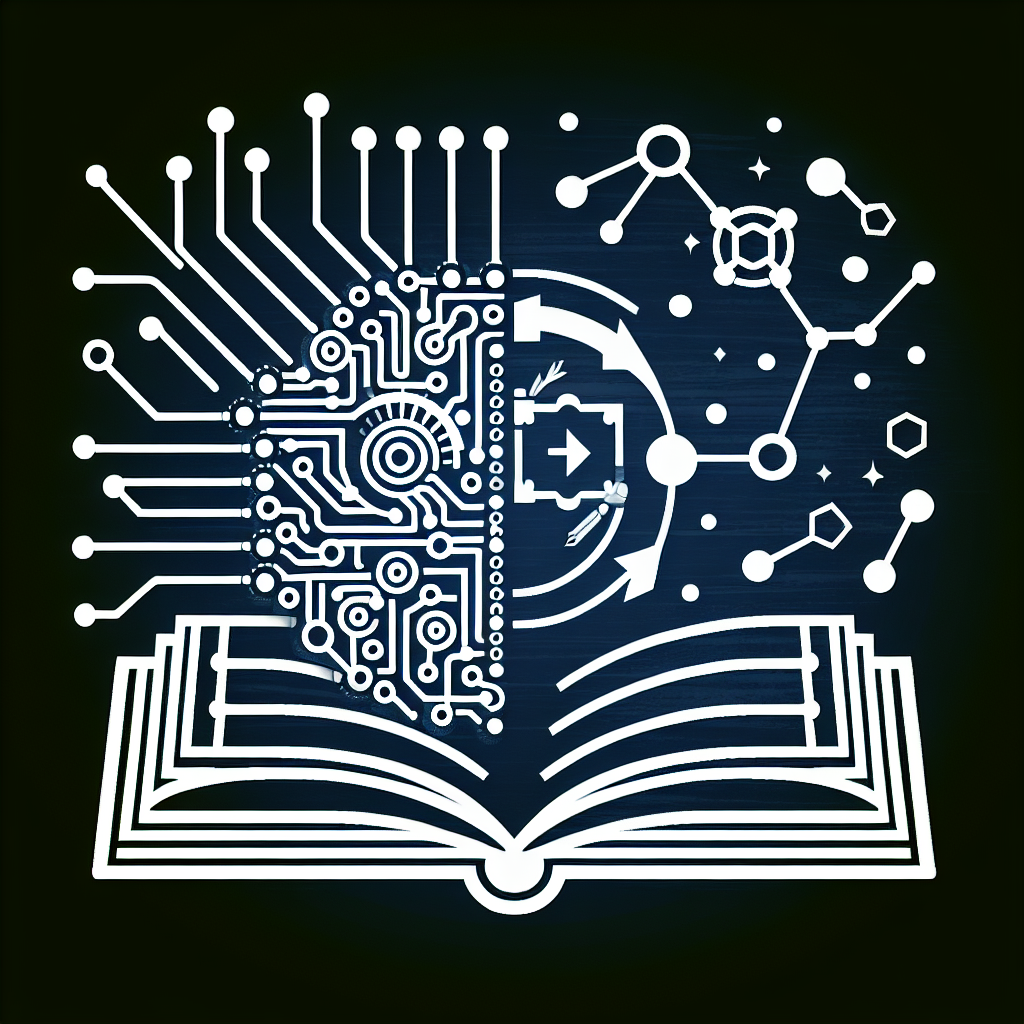The democratization of AI: The democratization of education
Artificial Intelligence (AI) is rapidly transforming the way we live, work, and learn. From self-driving cars to personalized recommendations on streaming services, AI is already a part of our daily lives. However, the development and deployment of AI have historically been dominated by a select group of experts and organizations, leading to concerns about the democratization of this powerful technology. In recent years, there has been a push towards making AI more accessible to a wider range of people, including students and educators. This trend towards the democratization of AI is closely linked to the democratization of education, as access to AI tools and resources can empower learners of all ages and backgrounds to explore and engage with this exciting field.
One of the key drivers of the democratization of AI is the increasing availability of open-source tools and platforms. Open-source software allows users to access and modify code for free, making it easier for students and educators to experiment with AI algorithms and techniques. Platforms like TensorFlow and PyTorch have become popular choices for AI development, providing a wealth of resources and support for users of all skill levels. By making these tools freely available, developers and educators can lower the barriers to entry for AI research and education, allowing more people to participate in this rapidly evolving field.
Another important factor in the democratization of AI is the growing emphasis on AI education in schools and universities. As AI becomes more integrated into various industries, there is a growing demand for workers with AI skills and knowledge. To meet this demand, educational institutions are increasingly offering courses and programs in AI and machine learning. These programs are designed to provide students with the theoretical foundation and practical skills needed to work with AI technologies, preparing them for careers in fields such as data science, robotics, and healthcare.
In addition to formal education programs, there are also a growing number of online resources and communities dedicated to AI learning. Platforms like Coursera, Udacity, and edX offer a wide range of courses in AI and related topics, allowing learners to study at their own pace and on their own schedule. These online resources provide a valuable supplement to traditional education programs, giving students access to cutting-edge research and practical applications of AI technology.
The democratization of AI is also reflected in the increasing diversity of AI practitioners and researchers. Historically, the field of AI has been dominated by a small group of experts, mostly from privileged backgrounds. However, as AI tools and resources become more accessible, a more diverse range of people are entering the field. This diversity is not only important for promoting equity and inclusion in the AI community, but also for driving innovation and creativity in AI research and development. By bringing together individuals from different backgrounds and perspectives, we can ensure that AI technologies are developed and deployed in a way that benefits all members of society.
Despite the progress that has been made in democratizing AI, there are still challenges to be overcome. One of the biggest challenges is ensuring that AI technologies are developed and used in an ethical and responsible manner. As AI becomes more powerful and pervasive, there is a growing concern about the potential for bias, discrimination, and misuse of AI systems. To address these concerns, it is important for developers, educators, and policymakers to work together to establish clear guidelines and standards for the ethical use of AI.
Another challenge is the need for ongoing education and training in AI. As AI technologies continue to evolve, it is essential for students and professionals to stay up-to-date with the latest developments in the field. This requires a commitment to lifelong learning and a willingness to adapt to new technologies and techniques. By investing in AI education and training, we can ensure that individuals are equipped to harness the power of AI for the benefit of society.
In conclusion, the democratization of AI is an important trend that is reshaping the field of education and opening up new opportunities for learners of all ages and backgrounds. By making AI tools and resources more accessible, we can empower individuals to explore and engage with this exciting technology, driving innovation and progress in a wide range of industries. As we continue to work towards a more inclusive and equitable AI community, it is important to remain vigilant about the ethical implications of AI and to prioritize ongoing education and training in this rapidly evolving field.
FAQs
Q: What is the democratization of AI?
A: The democratization of AI refers to the trend towards making AI tools and resources more accessible to a wider range of people, including students, educators, and professionals. This trend is driven by a desire to promote equity and inclusion in the AI community and to empower individuals to explore and engage with this exciting technology.
Q: How can I get started with AI education?
A: There are a variety of resources available for individuals interested in learning about AI. Online platforms like Coursera, Udacity, and edX offer a wide range of courses in AI and related topics, while open-source tools like TensorFlow and PyTorch provide a wealth of resources for AI development. Additionally, many schools and universities offer courses and programs in AI and machine learning.
Q: What are some of the challenges of the democratization of AI?
A: One of the biggest challenges of the democratization of AI is ensuring that AI technologies are developed and used in an ethical and responsible manner. There is also a need for ongoing education and training in AI to keep up with the latest developments in the field. By addressing these challenges, we can ensure that the democratization of AI benefits all members of society.

